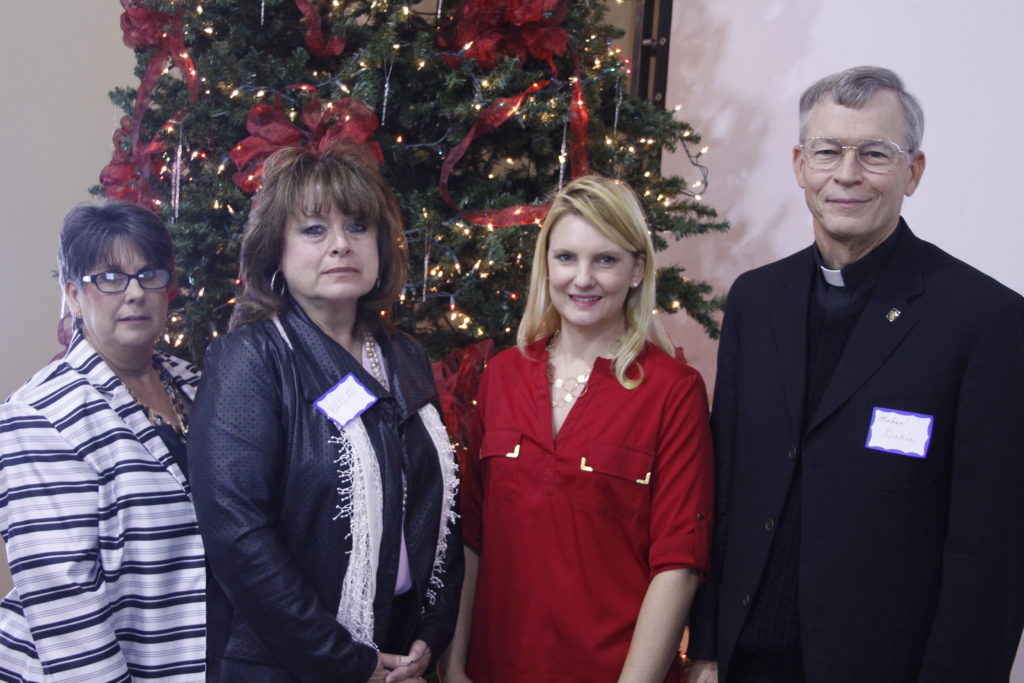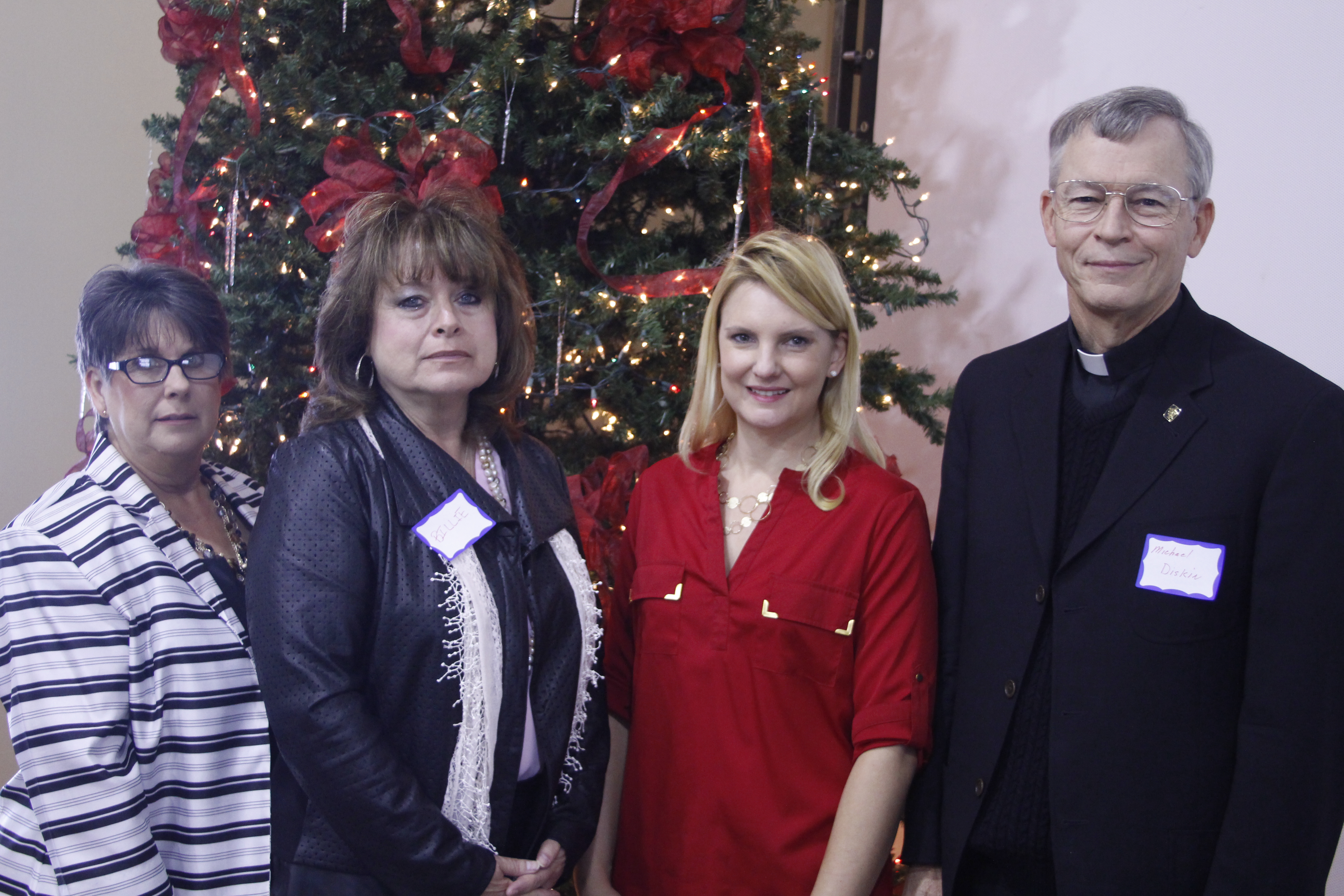
The Diocese of Phoenix is set to strengthen its relationships with ecumenical and interfaith organizations focused on civil discourse and community initiatives in the New Year.
Fr. Michael Diskin, assistant chancellor of the diocese, was elected president of Arizona Faith Network, formerly known as Arizona Ecumenical Council.
The Jan. 7 elections were at the United Church of Christ Center in Phoenix.
Fr. Diskin has been involved as a diocesan representative for more than 24 years and has served on the executive board since the early 1990s, twice as vice president.
“With a foundation, again, on the Second Vatican Council, the Catholic Church has committed itself to the work of both ecumenical and interreligious relationships,” Fr. Diskin said. “We also are committed to seek common ground where we can work with other people of faith to address issues of social justice and peace. It is my hope that this revision organization will be able to contribute positively to those efforts.”
The organization’s first “missional imperative” is to promote civil discourse by sponsoring events where issues that may divide faith traditions and/or members of the community can gather to listen to opposing positions in a respectful manner.
[quote_box_right]
Meet the Arizona Faith Network’s board of directors
[/quote_box_right]
“Let’s be honest, we don’t always agree,” said Billie Fidlin, newly elected board vice president and former public policy commission chair.
“There are differences of opinions but what we hope to do under the new design is provide safe places of sanctuary for dialogue and to listen,” said Fidlin, also the director of outreach and justice for the Desert Southwest Conference United Methodist Church.
Fidlin said she is a “fierce” advocate of ecumenics and interfaith and sees through the “eyes of justice,” believing every vulnerable population in Arizona — from immigrants and refugees to the elderly and homeless — needs to be represented in both the community and legislative settings.
“It’s important to stand shoulder to shoulder — as people of faith — to help protect and advocate with people that are vulnerable,” Fidlin said. “The faith community does have power in its voice.”
The second “missional imperative” of the reorganized group is community initiative, with the goal being to make use of communities of faith to provide opportunities for people to gather and identify needs that exist within their area.
“Our organization would then seek to identify resources that are available, perhaps from denominations, faith-based organizations, other nonprofits, governmental agencies, etc., and seek to bring about a coordinated effort to address the locally identified needs,” Fr. Diskin said.
One world leader setting the tone and uniting people of good will to affect unity of Christian believers is Pope Francis.
Auxiliary Bishop Eduardo Nevares said it’s imperative to follow the directive of the Holy Father, and that of Bishop Thomas J. Olmsted, to work together with Christian faiths to combat the growing presence of secularist influences undermining Christian principals in societies throughout the world.
[quote_box_right]
Arizona Faith Network
What: Ecumenical prayer service
When: 6:30 p.m. Jan. 22
Where: Trinity Episcopal Cathedral, 100 W. Roosevelt, Phoenix
Info: (602) 468-3818
[/quote_box_right]
“It’s very good that Christians of different denominations — who profess Jesus Christ — will work together, pray together and stand together against secular morals and principals that are being espoused to our children in the public schools and throughout our society,” he said.
“We’re also aware that there are differences between the Christian churches, especially when it comes to important topics on abortion and same sex marriage and the use of contraception. So, while we continue to dialogue about these issues we try to find common ground in which we will be able to collaborate collectively,” said Auxiliary Bishop Nevares, immediate past president of the council.







